The reform of Spanish public television and radio RTVE exposes how political interests dominate the corporation


The reform of Spanish public television and radio RTVE exposes how political interests dominate the corporation
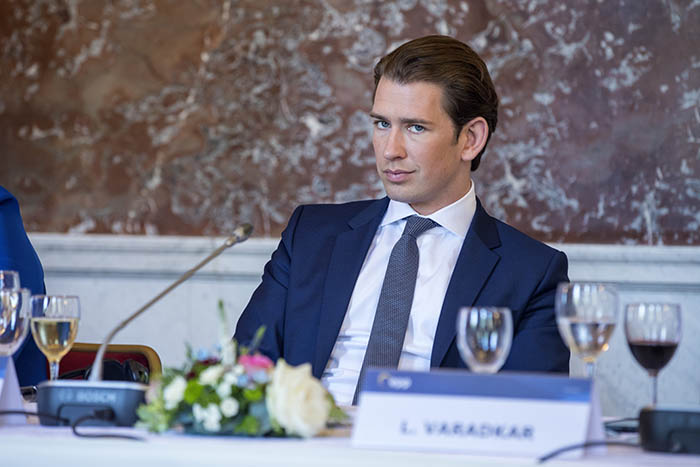
In an email sent to all regional police departments on 24 September 2018, Austria’s Ministry of the Interior suggested limiting communication with “certain media outlets”, including the weekly news magazine Falter and the daily newspaper Der Standard
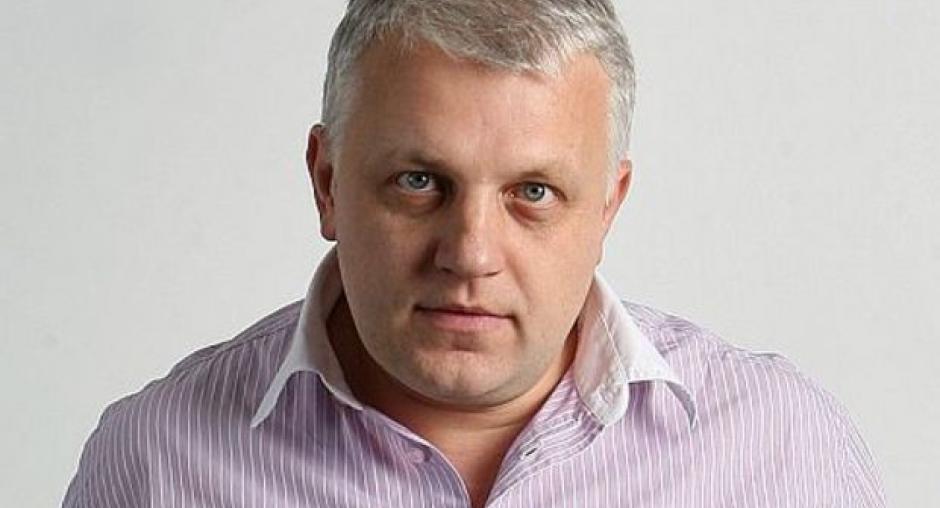
Before his death, Pavel Sheremet was one of Ukraine’s leading investigative journalists. He most notably investigated government corruption and border smuggling in his native Belarus, leading to his arrest in 1997 but winning him CPJ’s International Press Freedom Award in the process. He was detained, harassed and arrested because of his work. Then, in 2016, he was assassinated. And Ukrainian authorities still have not uncovered who’s to blame.
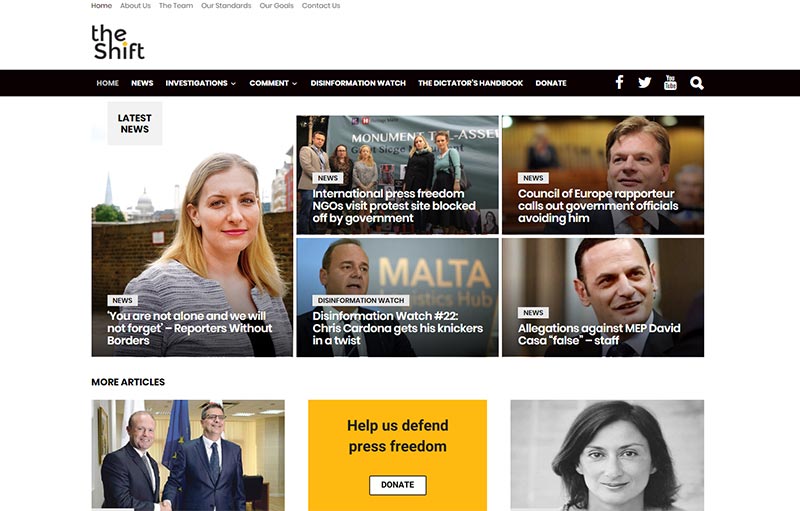
On 16 October 2017 Malta’s most important investigative journalist Daphne Caruana Galizia was murdered in Malta. Three men will stand trial for carrying out the crime but the masterminds remain untouched, rendering Malta an unsafe place for independent journalists. Journalist Caroline Muscat refuses to get distracted by that.
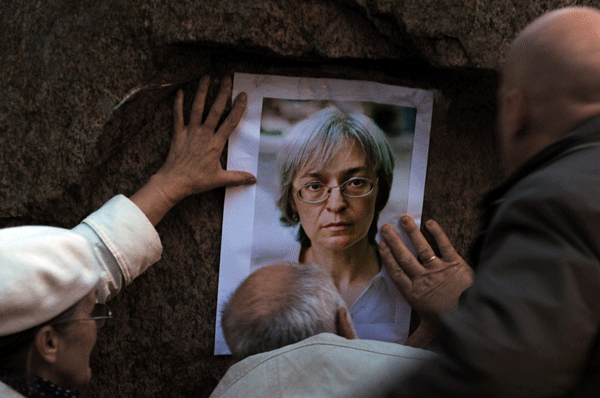
A country with the largest territory in the world and a turbulent modern history, Russia is home to one of the most difficult media landscapes. Independent media has been around for less than three years, and in that time censorship has been tightening its grip with new-found strength.
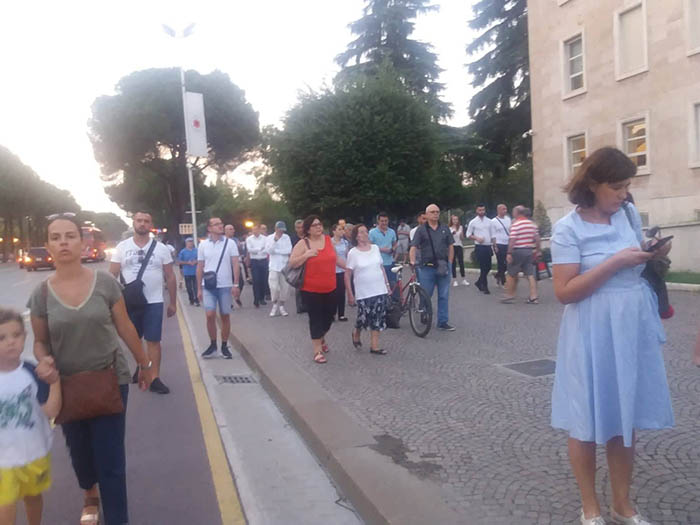
“I will never stop pushing them to bring the authors of the assault on me to justice since this is not a case lacking in information”
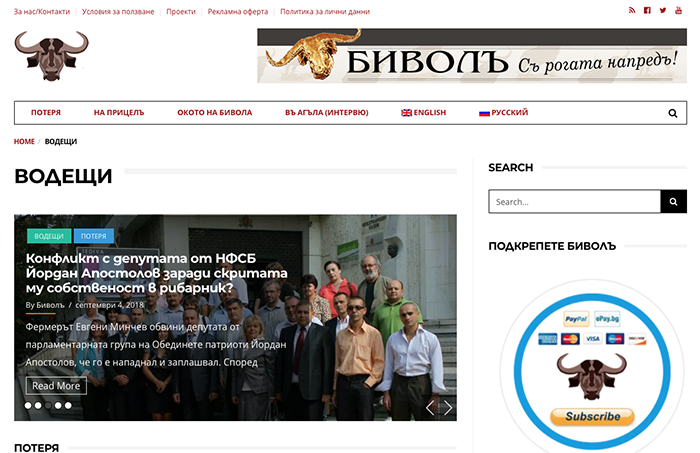
Under increasing pressure from the government and a media environment becoming more and more censored, journalists within Bulgaria are finding themselves in danger
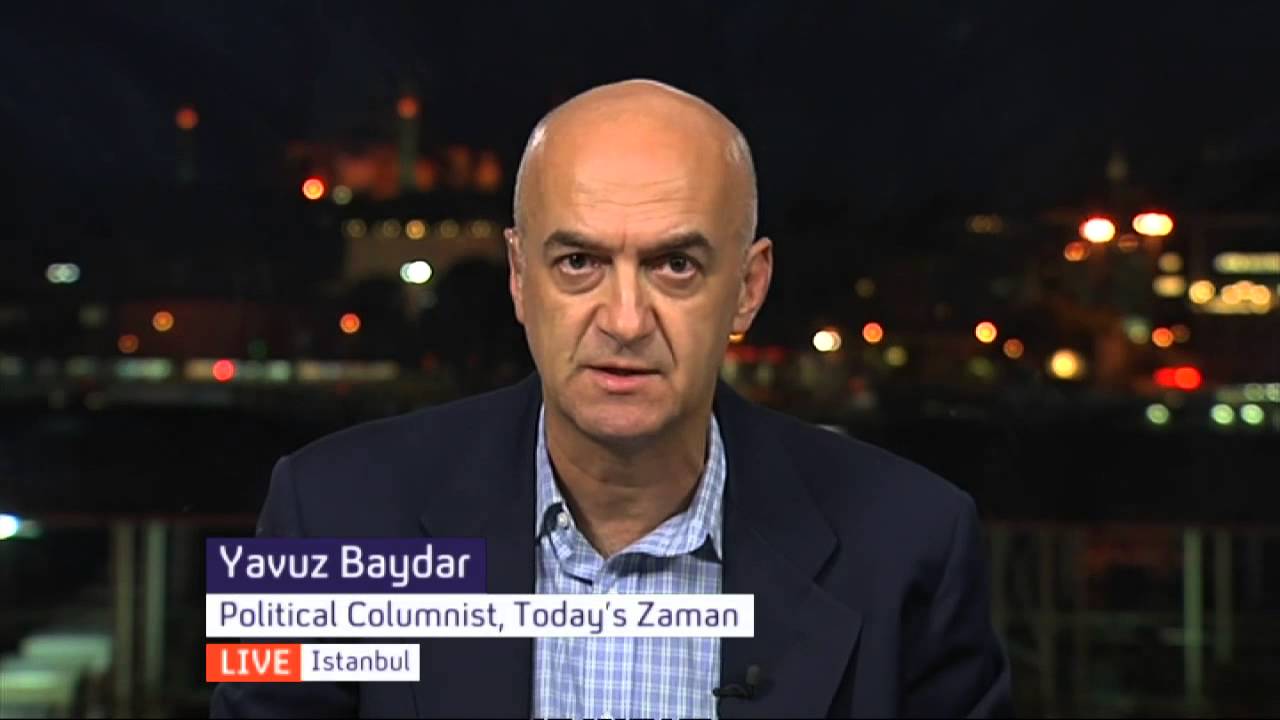
It’s 2016. Turkey is in a state of emergency after the failed coup d’etat of the President Recep Tayyip Erdoğan government. Journalists like Yavuz Baydar are going to be more at risk than ever before.
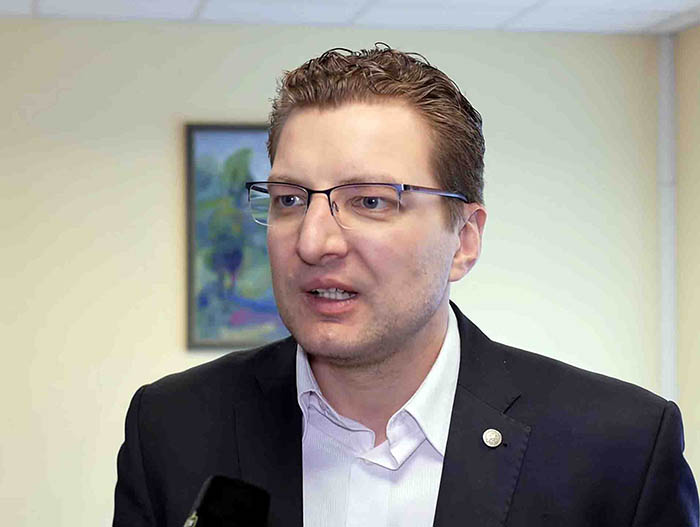
While initiatives by the country’s ruling coalition haven’t seen the press attacked on the same levels as neighbouring Poland, the government’s resolve seems clear: the media must be more controlled
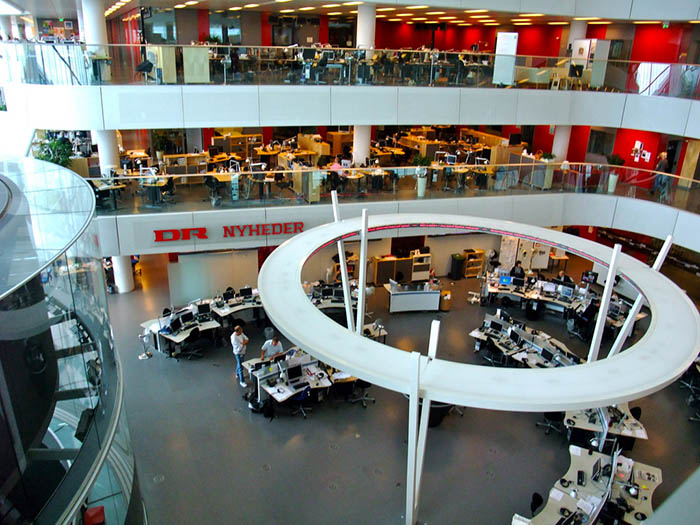
Known across Europe for its journalistic quality and as an exporter of hit political dramas, Danish state broadcaster DR will be forced to make unprecedented layoffs in what some are calling an act of “revenge” by the government
Mapping Media Freedom – a major Index on Censorship project and a joint undertaking with the European Federation of Journalists and Reporters Without Borders, partially funded by the European Commission – covers 42 countries, including all EU member states, plus Bosnia, Iceland, Kosovo, Macedonia, Montenegro, Norway, Serbia, Turkey, Albania along with Ukraine, Belarus and Russia in (added in April 2015), and Azerbaijan (added in February 2016). The platform was launched in May 2014 and has recorded over 3,000 incidents threatening media freedom.
Violations, censorship and needs of threatened journalists in Europe
Journalists and media workers are confronting relentless pressure simply for doing their job. Mapping Media Freedom identifies threats, violations and limitations faced by members of the press throughout European Union member states, candidates for entry and neighbouring countries. Learn more.